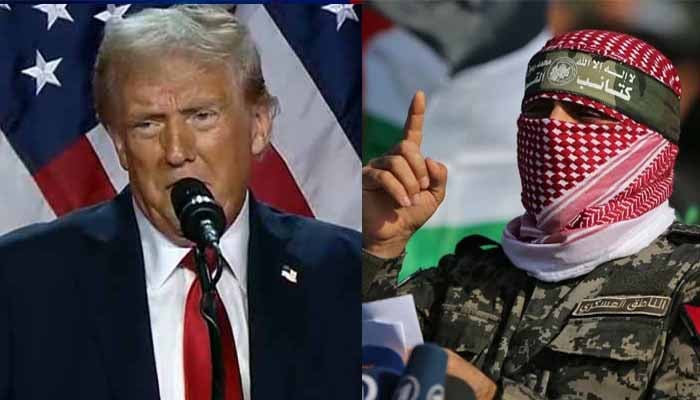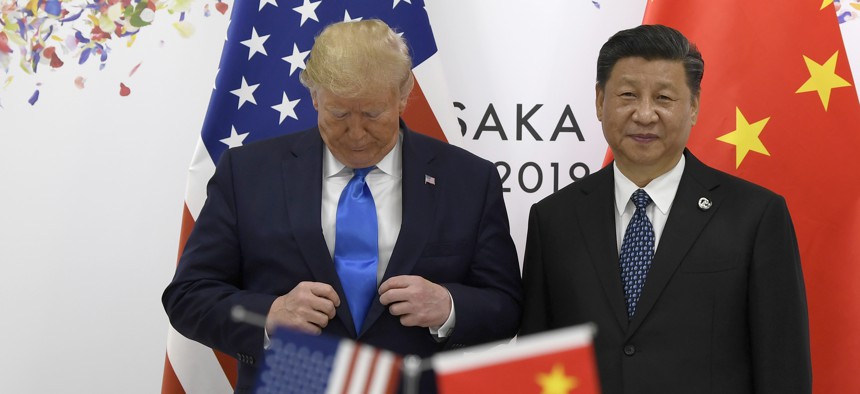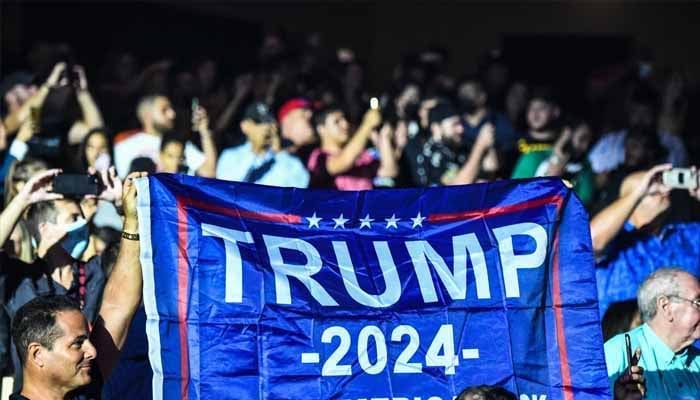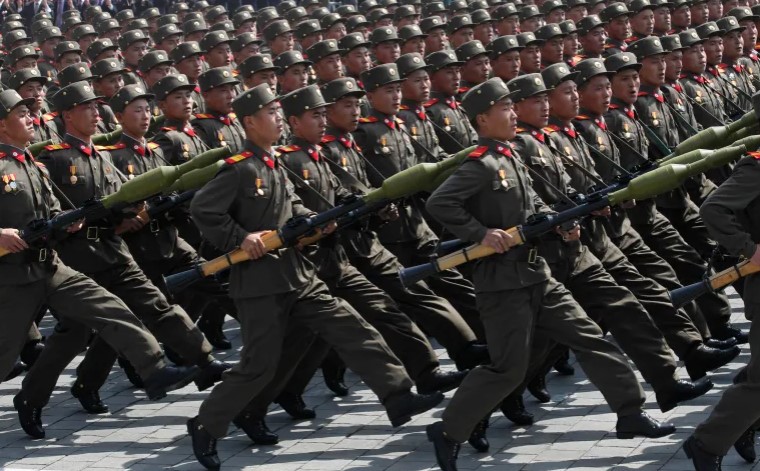WORLD NEWS
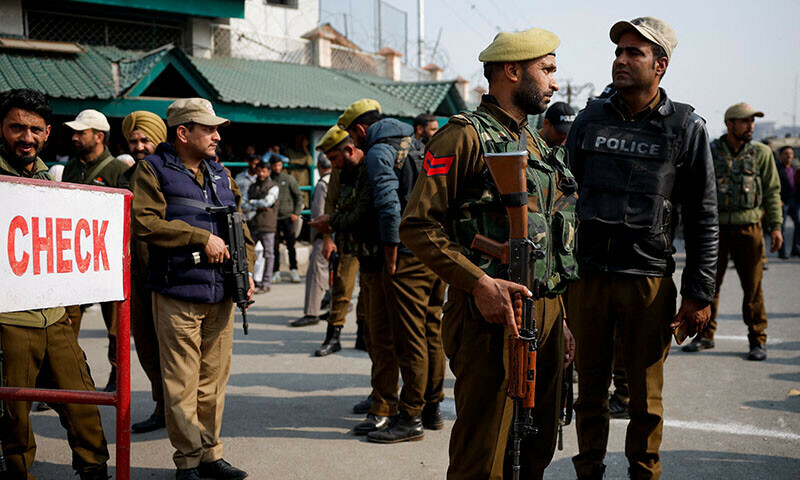
India: In a significant political move, the legislative assembly of Indian-occupied Kashmir (IoK) passed a resolution on Wednesday calling for the restoration of the region’s partial autonomy, which was revoked by Prime Minister Narendra Modi’s government in 2019. The resolution, passed by a majority vote, urges the Indian government to engage in dialogue with elected representatives from Jammu and Kashmir to restore the region’s special status, a move that has been a point of contention since the controversial revocation.
In 2019, the government of India, under Modi's leadership, unilaterally cancelled the special status of Jammu and Kashmir, stripping the region of its semi-autonomous privileges. The decision was followed by a heavy military presence, mass arrests, and a prolonged communications blackout, drawing widespread international criticism. Since then, Jammu and Kashmir has been under direct rule from New Delhi, with a governor appointed by the Indian government overseeing the territory.
However, recent developments have seen the election of a new local legislative assembly, one that is opposed to Modi’s Bharatiya Janata Party (BJP). The newly elected assembly, after months of political turmoil, now seeks to reverse the 2019 decision and restore the constitutional guarantees that protected the region's Muslim-majority population, its culture, and its rights.
The resolution passed by the Kashmir assembly states: "This assembly calls upon the Government of India to initiate dialogue with elected representatives of the people of Jammu and Kashmir for restoration of special status." It reaffirms the importance of the region’s special status, which, according to the resolution, safeguarded the identity, culture, and rights of the people of Jammu and Kashmir.
The resolution, while symbolic, has no immediate legal effect, as it requires approval from the federally appointed governor of Jammu and Kashmir. The BJP, which holds 29 seats in the 90-seat house, opposed the resolution, arguing against the restoration of the special status. Despite this, Chief Minister Omar Abdullah, a leading member of the opposition National Conference party, expressed satisfaction with the assembly's decision, stating, “The assembly has done its job.”
A Legacy of Conflict
Kashmir has been at the heart of a longstanding territorial dispute between India and Pakistan since the partition of British India in 1947. Both countries claim the region in full, with each controlling only a portion of the territory. Over the years, this dispute has led to numerous wars and ongoing conflict, with the region now one of the most militarized areas in the world, home to nearly 500,000 Indian troops.
For over 35 years, the region has also been plagued by a separatist movement, with tens of thousands of civilians, Indian soldiers, and Kashmiri fighters losing their lives. The violence has intensified again this year, with several fatalities reported in clashes between security forces and militants.
The 2019 revocation of Jammu and Kashmir’s special status transformed the region’s political landscape, downgrading it from a federal state to a “union territory” under direct control from New Delhi. The constitutional amendment was widely viewed as a blow to the region’s autonomy and a violation of the agreements made at the time of its accession to India. Since then, Modi’s government has promised to restore the region’s autonomy, although no timeline has been set for this restoration.
The Road Ahead
While the resolution passed by the Kashmir legislative assembly is non-binding, it marks a significant moment in the ongoing political struggle for autonomy in the region. With an estimated 500,000 Indian troops deployed in Kashmir and continued unrest, the resolution calls for a return to dialogue—a gesture that many see as necessary for the region’s long-term peace and stability.
The Indian government, led by Modi, has yet to respond to the latest call for dialogue, and it remains to be seen whether it will take any steps toward addressing the demands of the Kashmir assembly. For many in Jammu and Kashmir, the future of the region’s autonomy and the status of its people remain uncertain, as they continue to seek a peaceful resolution to the decades-long conflict.
Conclusion
The Kashmir legislative assembly’s call for the restoration of special status is a direct challenge to the policies enacted by Modi’s government in 2019. As tensions remain high in the region, the resolution signals a renewed political push for autonomy. Whether it leads to meaningful dialogue with New Delhi remains to be seen, but it highlights the ongoing struggle for self-determination and peace in one of the most volatile regions of the world.
